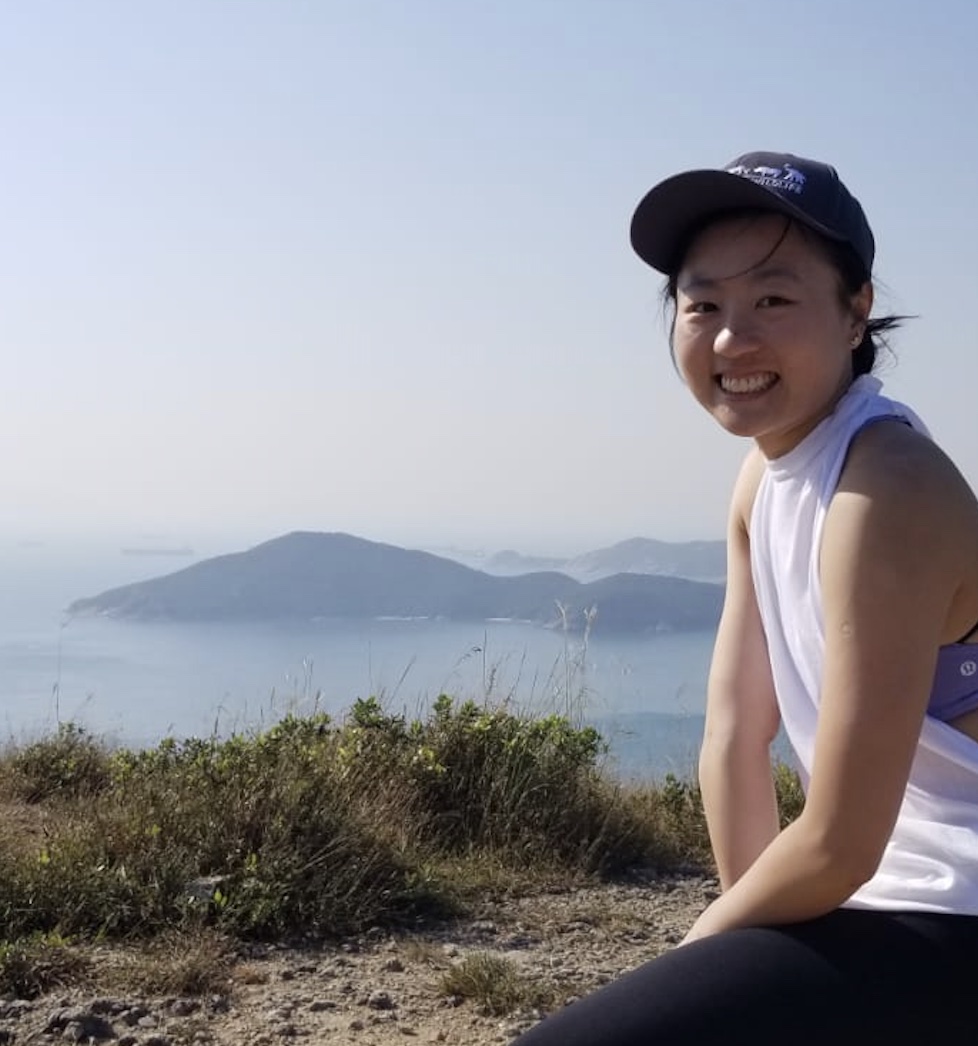Meet the Postdocs: Jada Ko
Meet Dr. Jada Ko, a new of new Voss Postdoctoral Researcher at IBES! Originally from Hong Kong, Ko is a zooarchaeologist working with Assistant Professor Brian Lander to reconstruct historical narratives about turtles and their relationships to people. Read this Q&A to learn more about Ko's work and what she looks forward to at Brown.
What has your academic journey been like thus far?

I started my training as an anthropological archaeologist in the field in Ecuador and then in China. It was in China that I began my journey as a zooarchaeologist, studying animal remains at archaeological sites to reconstruct human-animal relationships in ancient contexts. My training in Ecuador showed me how archaeological research can be applied to address contemporary social and environmental issues, and I have been motivated since then to think about how my research can connect the past with the present.
It was fortunate (for me, but unfortunate for the turtles) when I came across a huge collection of turtle remains at archaeological sites in China for my dissertation. There, I saw the potential to participate as an archaeologist in the contemporary discourse concerning biodiversity conservation. Since then, the turtle world has shown me the fascinating stories of a diverse pool of species and the human imagination of these species. In short, turtles brought me here.
Why did you choose to come to Brown?
A primary reason why I chose to come to Brown is because of the interdisciplinary environment at IBES. I always find myself the most motivated when surrounded by people working on different projects in different parts of the world but with similar goals and passions. I have already seen how supportive and welcoming the Brown community is, and how everyone is making an effort to find connections and even collaborate with others working in completely different fields.
Having conversations with other postdocs, faculty, students, and staff at IBES and in other departments, I am amazed by the infinite possibilities of looking at our environment in the past, present, and future. Brown fosters an environment that allows for creativity, while still grounded in real-life situations. I am excited to be part of the community where scholars not only focus on academic success, but are also actively envisioning ways to lend our scholarship to the well-being of our community and environments.
What will you be working on as a postdoc in IBES?
One of my main projects at IBES will involve connecting (zoo)archaeological data with historical data. I will be working with environmental historian Brian Lander to examine how different kinds of turtles are represented in anecdotes, poems, legends, and art from Chinese historical texts, literature, artistic depictions, and local gazetteers. The goal is to reconstruct narratives about past turtle exploitation, the changes and continuity of these exploitation practices, and how human collective conceptualization and memories of certain species have had different impacts on the survival of these species through a changing social, cultural, and political backdrop.
How do you see the Voss program contributing to your research goals?
The primary goal of my research is to bridge the gap between the past and the present, to use archaeological, historical, and ethnographic data to address biodiversity loss, and ultimately to apply the results to policymaking and education. It is therefore important to be aware of new discoveries and new challenges, so as to properly address these issues with data from the past. Meanwhile, I see it necessary to be able to convey my research and its importance to a large audience — especially to other scientists, policymakers, and the general public.
Being a Voss Postdoc means working in the same intellectual space with scholars in different fields of study, who have knowledge about political climates in different countries and between countries, who work on the frontlines, and who are experts on current environmental crises. I see this as the best opportunity to carry out my research and to emphasize the importance of our past — our heritage — to make environmentalism more accessible to everyone.